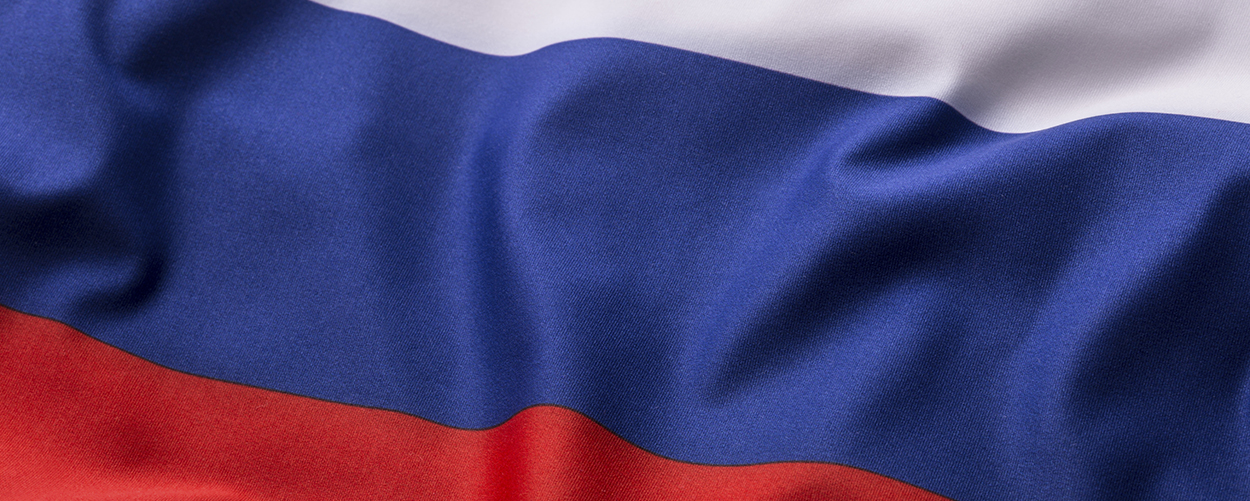This website uses cookies so that we can provide you with the best user experience possible. Cookie information is stored in your browser and performs functions such as recognising you when you return to our website and helping our team to understand which sections of the website you find most interesting and useful.
Business News Labels & Publishers
Russian government proposes one collective licensing body across Eurasian Economic Union
By Chris Cooke | Published on Wednesday 1 February 2017

As Russian ministers continue to ponder over whether or not government should take over collective licensing in the country, Russia’s culture ministry has now reportedly suggested some sort of multi-territory licensing body could be set up as part of the Eurasian Economic Union. Which is novel.
As previously reported, with various scandals occurring around the music community’s collecting societies in Russia, and in particular the song rights society RAO, some in the country have been advocating a government agency taking over the collective licensing of music rights. That agency would replace RAO, the record industry’s VOIS, and RSP, which administers a private copy levy.
Many in the music community – both in Russia and abroad – oppose that plan, with some suggesting it could breach international copyright treaties. Though late last year the RAO did propose that a government-owned media organisation take control of the organisation.
Either way, talk of government-led collective licensing in Russia continues. And now, according to Billboard, the Russian culture ministry has proposed that that new government-led rights body could also handle collective licensing in other countries that are part of the Eurasian Economic Union, which are the former Soviet states Armenia, Belarus, Kazakhstan and Kyrgyzstan, as well as Russia
The culture ministry has suggested that the multi-territory rights body could “combine national collecting societies and develop uniform standards for their operation, management and control over their observance”. The latter proposal – ie an EEU body regulating collective licensing – would have some parallels with the regulation of collective licensing in the European Union via European law, though a multi-territory statutory body that actually did the licensing would be something different.
That said, while the music community – certainly abroad – remains uneasy about the idea of the Russian government getting involved in royalty collections, given that collective licensing is nominal or non-existent in the other EEU states, some sort of new royalty regime in those countries might be a positive step, if the monies actually reached creators and rights owners.





